-
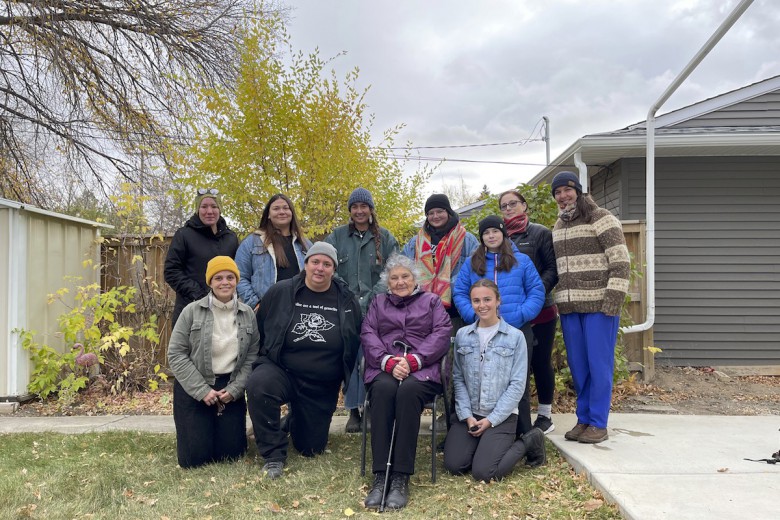
by Claire Johnston and Andrée Forest Jun 30, 2022 11 min read
-
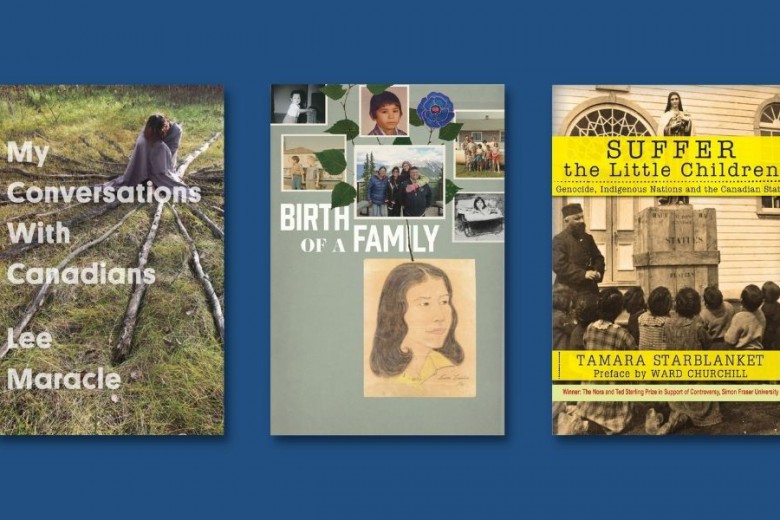
by Mike Gouldhawke May 4, 2022 4 min read
-
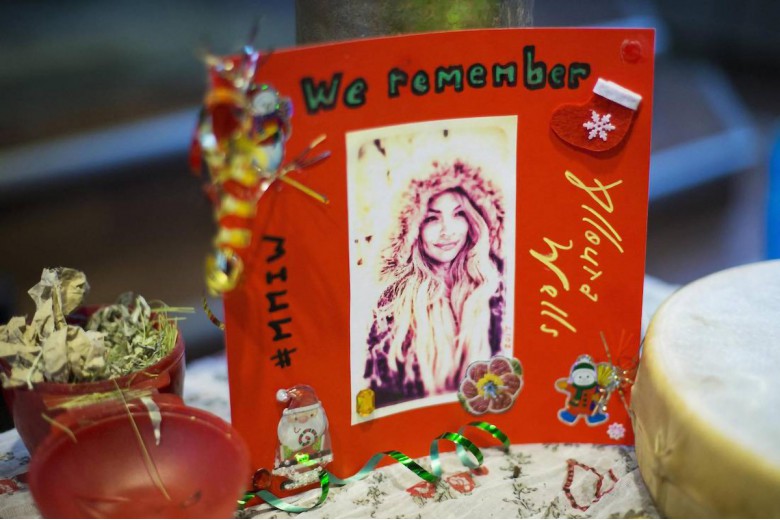
by Ellie Ade Kur and Jenny Duffy Mar 23, 2022 11 min read
-
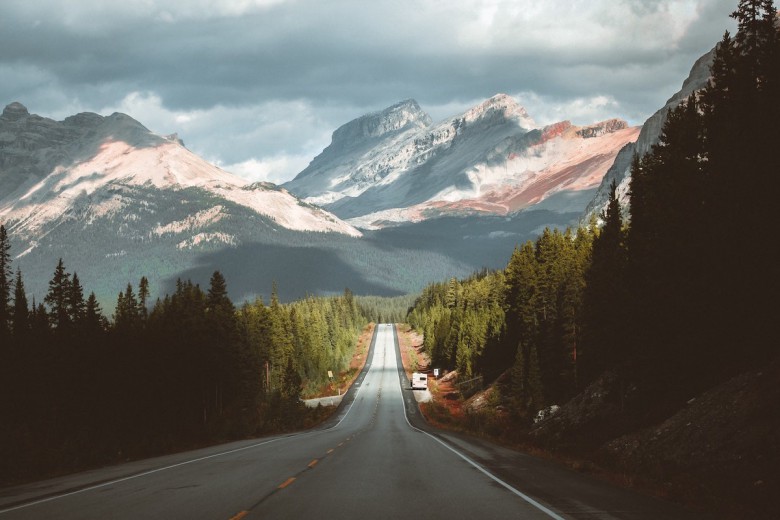
by Meghan Eaker Mar 2, 2022 1 min read
-
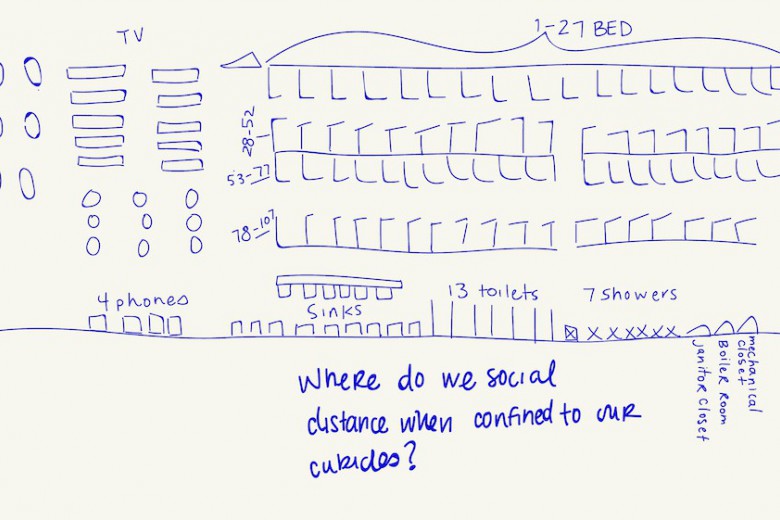
by Tamina D. Hamid Sep 2, 2021 6 min read
-
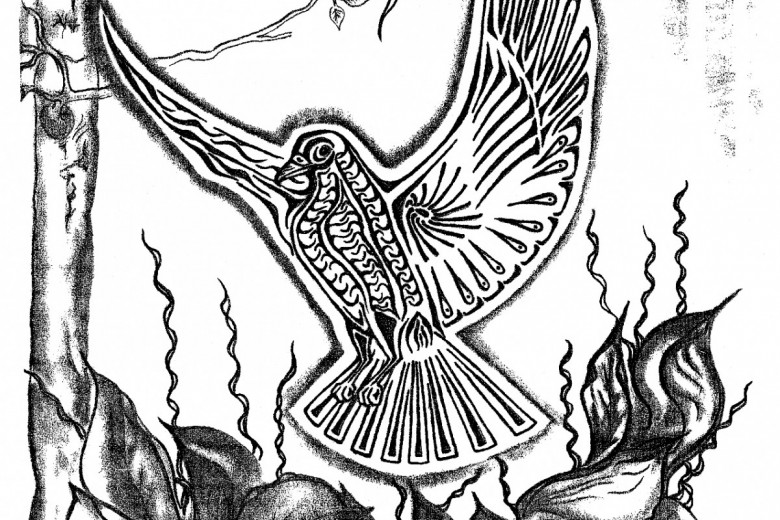
by Deborah McKenzie Sep 2, 2021 8 min read
-

by Claire Johnston Mar 1, 2021 6 min read
-
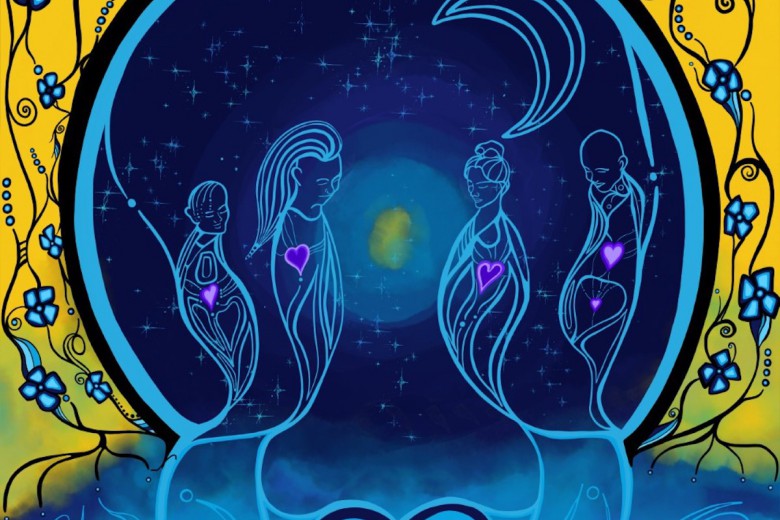
by Martha Paynter and Emilie Coyle Feb 8, 2021 12 min read
-
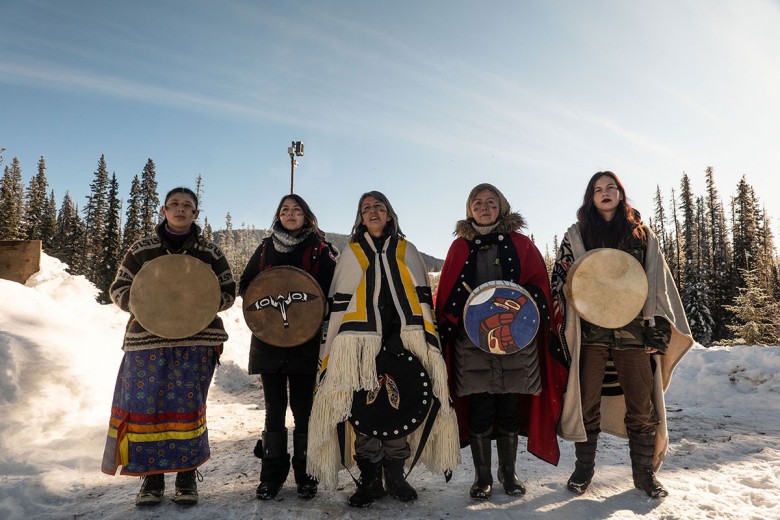
by Lindsey Bacigal Dec 28, 2020 9 min read
-
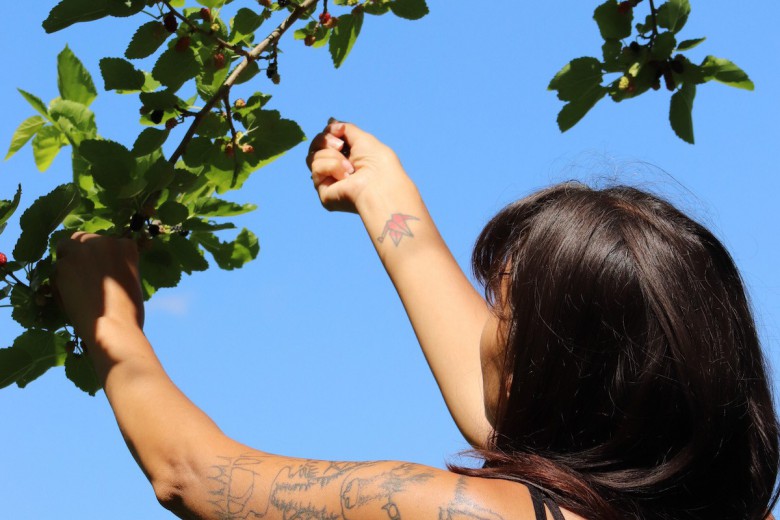
by Xicotencatl Maher Lopez Sep 11, 2020 9 min read
-
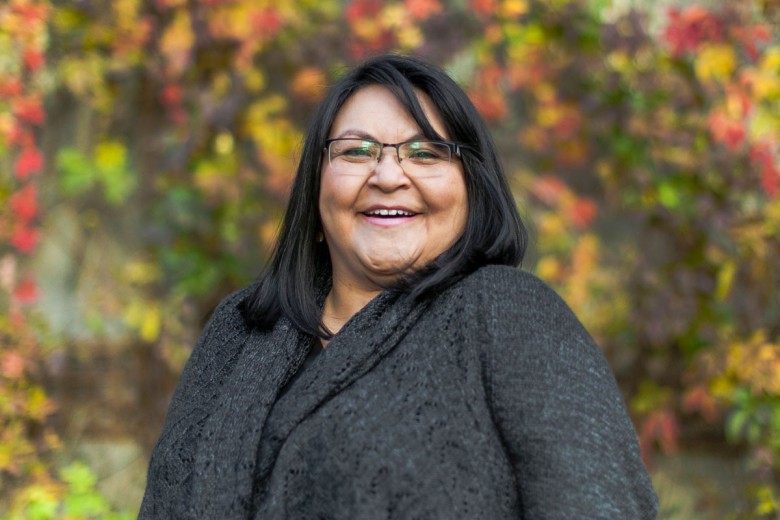
by Saima Desai Sep 10, 2020 3 min read
-
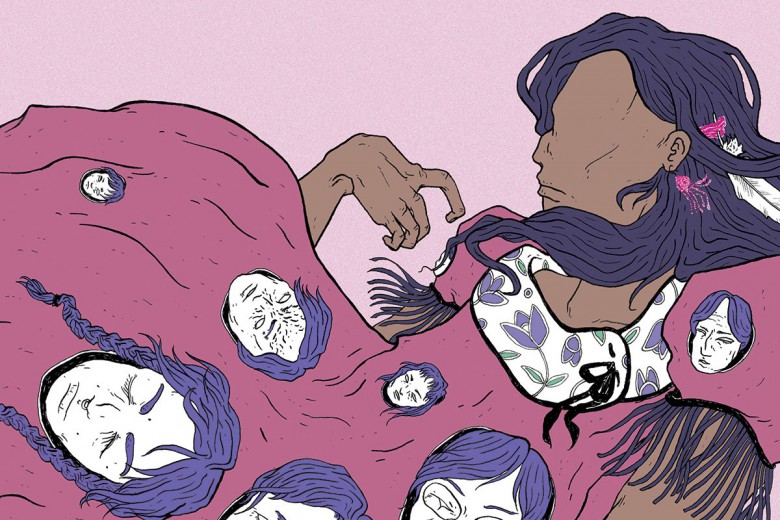
by jaye simpson Sep 10, 2020 8 min read
-
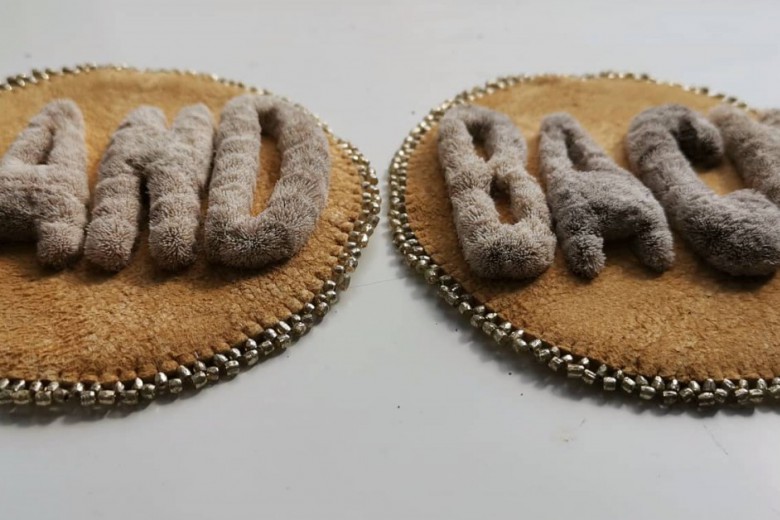
by Alex Wilson Sep 10, 2020 17 min read
-
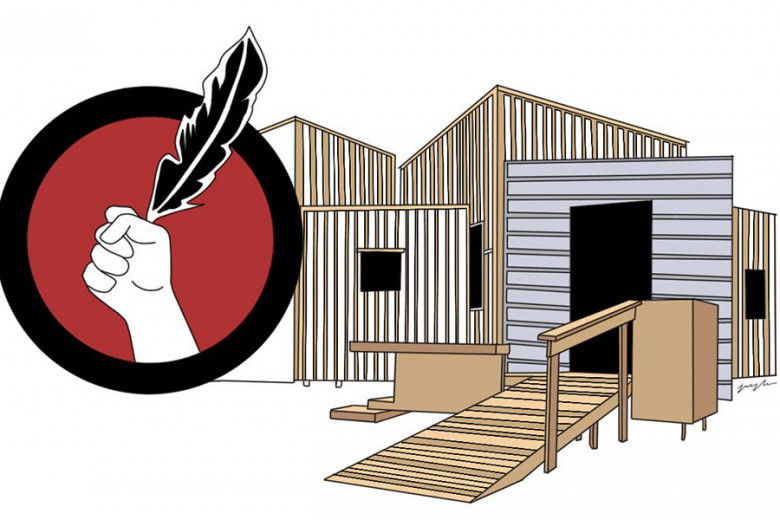
by Riley Yesno and Xicotencatl Maher Lopez Sep 10, 2020 9 min read
-
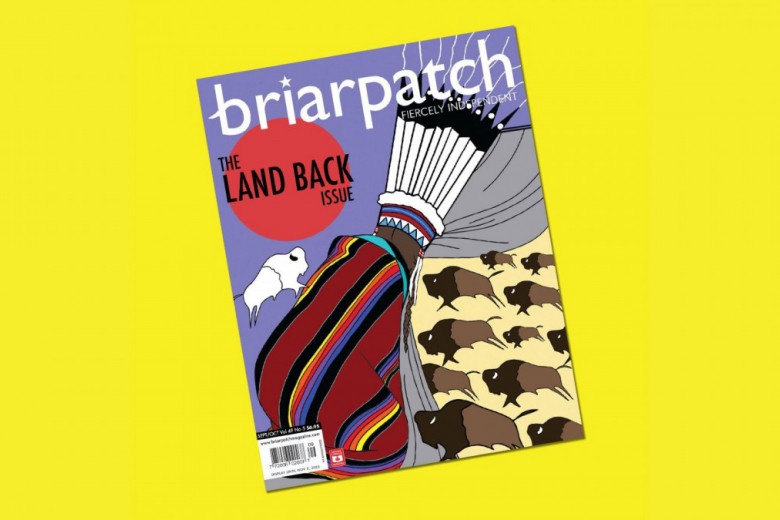
by Nickita Longman, Emily Riddle, Alex Wilson, and Saima Desai Sep 10, 2020 6 min read
-
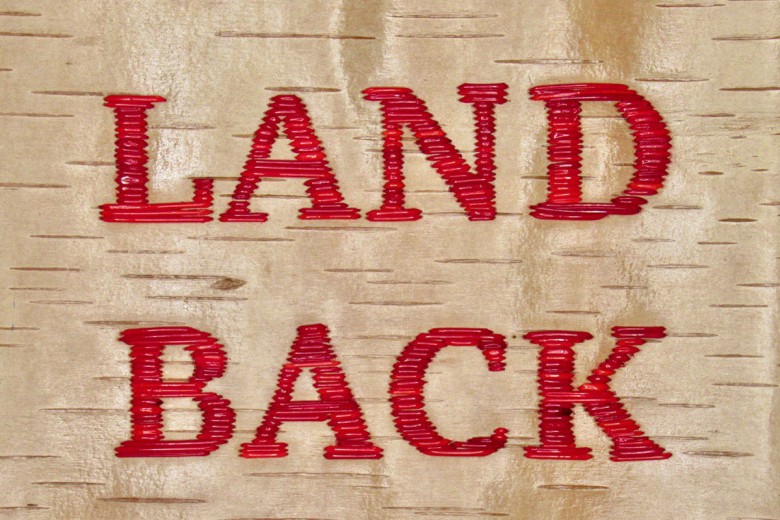
by Métis in Space Sep 3, 2020 14 min read
-
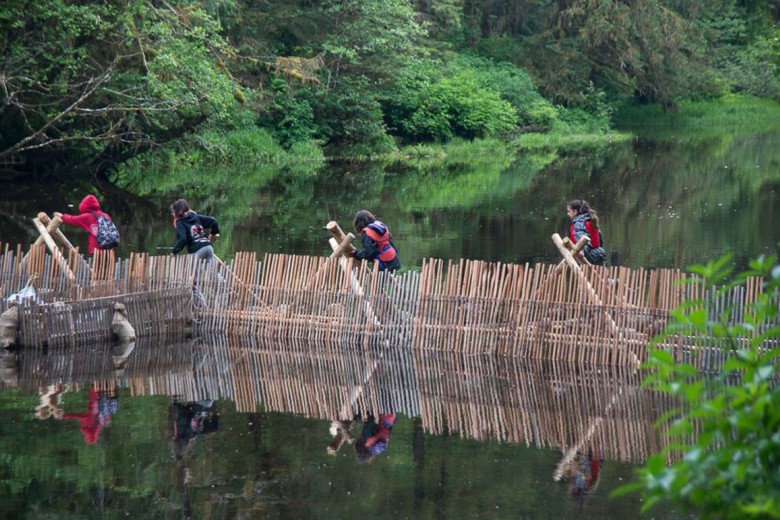
by Jade Delisle Jul 2, 2020 18 min read
-
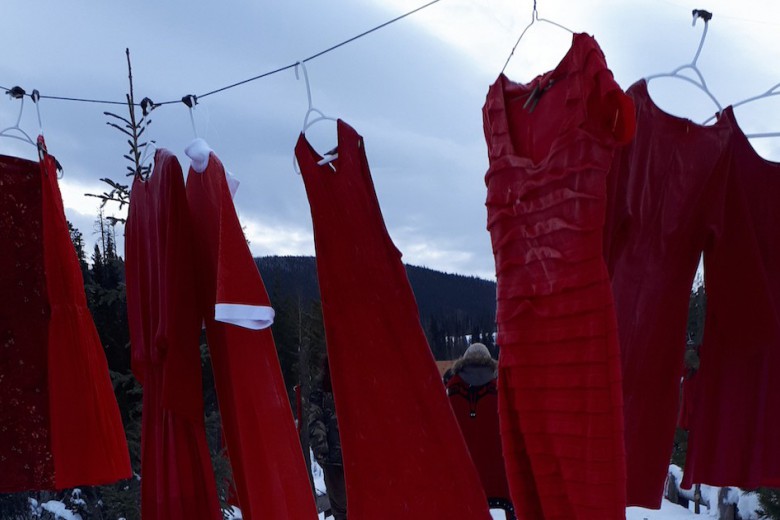
by Nisha Eswaran Jul 2, 2020 4 min read
-
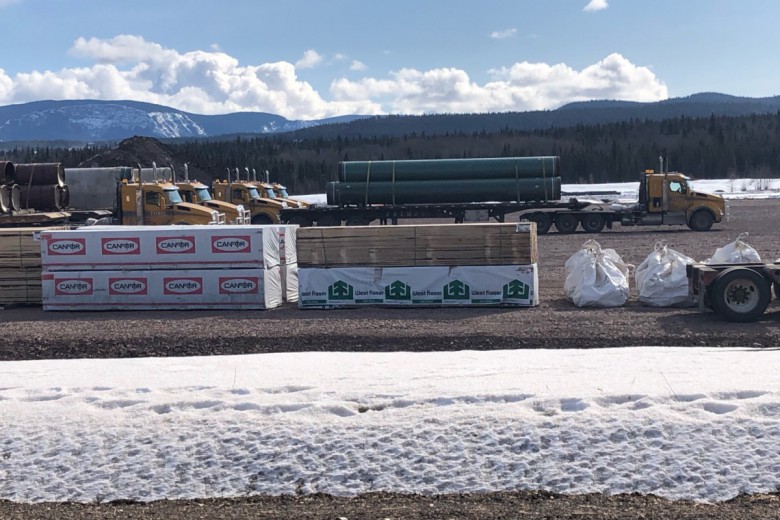
by Recipients of the TD Scholarship for Community Leadership Apr 24, 2020 4 min read
-
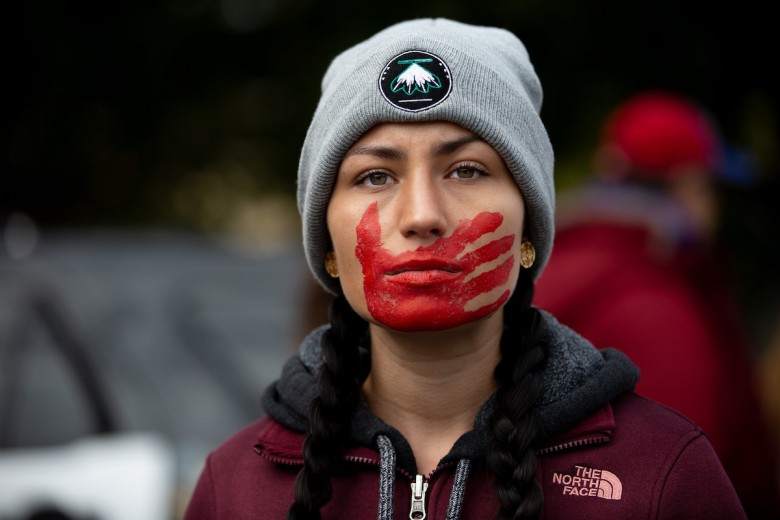
by Lynn Gehl Mar 19, 2020 13 min read






















